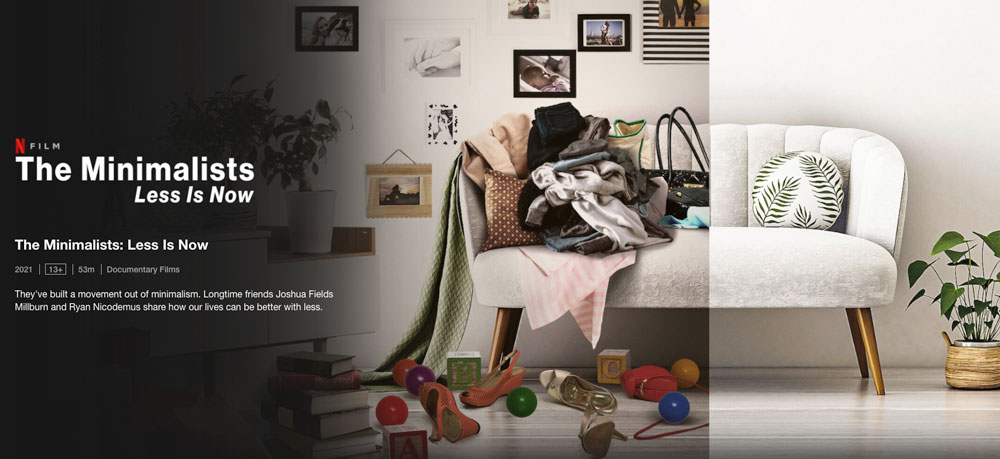The important change is from unconscious spending to conscious spending.
Have you experienced that when you are on Instagram or Zalando or ASOS or any other websites too often, you tend to ‘want to’ buy things? Once I spent $250 on a Kickstarter project for an earphone. From the moment I opened the website to make the payment, it took me less than 10 minutes. I had to wait for 5 months till the product arrived. And it was not even that comfortable to wear. So most of the time it was sitting in my drawer. Last year I have donated tons of clothes, many of which have not been even worn more than 10 times. Few pieces have not even been worn more than 3 times, a couple of them have not been worn even once. Did I get them for free? Absolutely not. I spent money on purchasing those unconsciously.
Unconcious spending is unexpected spending without really thinking about what you are buying. Undoubtedly social media has played an important role in influencing our decisions and drive unconscious spending behavior. The longer you are spending on cruising the nice pictures of other people on the internet, the more you want to buy the things they have. In marketing, it is called ‘creating desires’. It is not wrong to fulfill your desires, but there is a difference between ‘what you really want to buy’ vs. ‘what you think you want to buy’.
How much you can save from your unconscious spending?
You can go through the items you bought last month or last quarter, label each one as NEEDS or WANTS. ‘Needs’ means that you need it to make your life function, such as a lightbulb, a keyboard, or a chair. Without those, you don’t have the convenience to work or to study. It could also be other items.
‘Wants’ means that you don’t need this item but you desire to have it. It could be a new set of coffee cups, you bought them because you find them nice, and you already have coffee cups. Or it could be a new pair of shoes which you find nice and have seen many photos of it on Instagram. One typical example is black Friday shopping, how many of the items are bought because they are on sale, how many of them are bought because you really need them? You don’t have to buy it because it is on sale or cheap, that is the wrong reason. You should buy it because you need it, not want it.
I am curious how much you have spent on Wants vs. Needs. Imagine the savings you could have by reducing the spending on ‘Wants’.
How to switch from unconscious spending to conscious spending?
-
Delaying purchase. Give yourself 1 week or longer then come back to the idea of buying something. Do you still want it? Does it bring the necessary excitement to you? Many times, the answer is NO.
-
Identify the real reasons for purchase: ask yourself, why do you want to buy it? Is it because you want to impress others? Is it because other people have it so you should have it? Is it because of an impulsive idea? Or is it because you need it and it is essential to perform your daily tasks? Be honest with yourself, and you will decide if the reason to buy is justified.
By working on my spending habit, I have reduced a lot of redundancies in my life. I have less clutter at home. I have less stress to pick the items from many similar ones. I have less waste. I feel mentally lighter. I have less spending. As a result, I have more savings.
A documentary I recommend you to watch is <The Minimalists: Less is now> from Netflix.
source: netflix
It is a mindset shift from accumulating stuff to keep the essentials that really make you happy and content. We, as humans, don’t need many things to make us happy, we need relationships, we need purpose, we need health, we don’t need things.
By adopting a minimalist lifestyle, I increased my savings rate. Through cautious investment decisions, I managed to boost up the savings/net worth even more. I will talk about investing in a separate article.
The key message here is that when you constrain yourself from buying stuff, it is temporary. You might just go busted one day and spend a lot to compensate for your ‘sufferings’. You should understand the difference between unconscious spending and conscious spending, evaluate how they impact your life, your happiness. By truly understanding what matters to you, you will make a behavior change.
Now you understand the concept, the next step is to make a belief, then take action. Conscious spending will be a natural habit for you moving forward.
To learn more about money skills, follow my account or listen to my podcast where we talk about money, career, and entrepreneurship: https://fasttrack.life/
Related article: <Why Your Real Hourly Rate Is Only Less Than 50% of What You Are Paid>
<The Under Estimated Costs of Owning a Car>
<Why You Might Spend Too Much on Housing and How to Reduce Your Housing Cost>
Net Worth Tracking Tool: Download a free net worth tracker here.
Share this post



Latest Blog Posts
Money
The Cost of Having a Baby in Switzerland
Read MoreMoney
Avoid the 3 Most Common Mistakes When You Get Started With Investing
Read MoreMoney
How Can Dollar-Cost Averaging Help You Build Wealth In Volatile Money Market
Read More